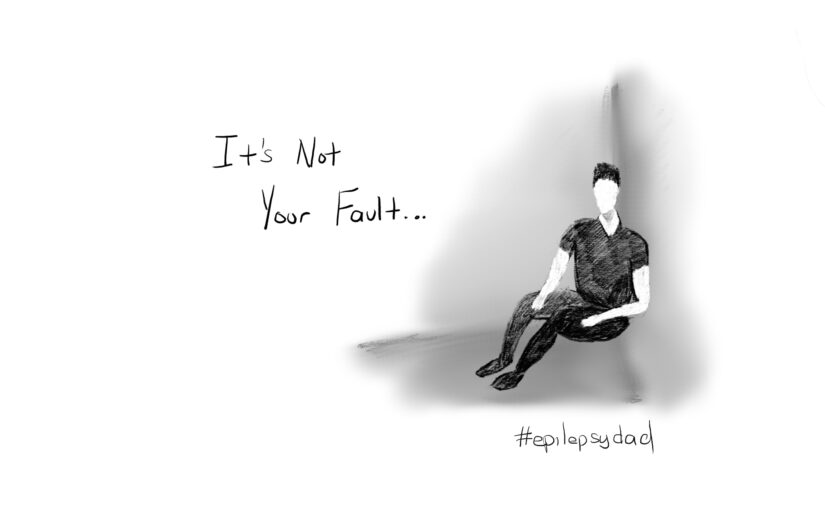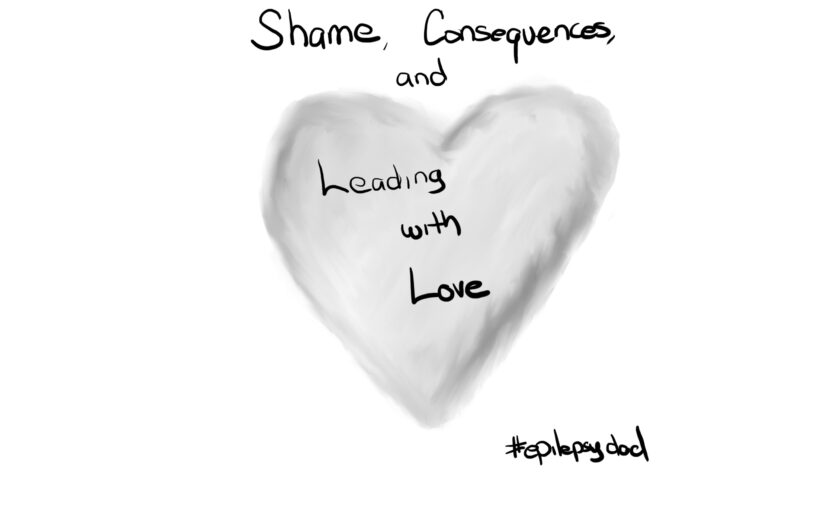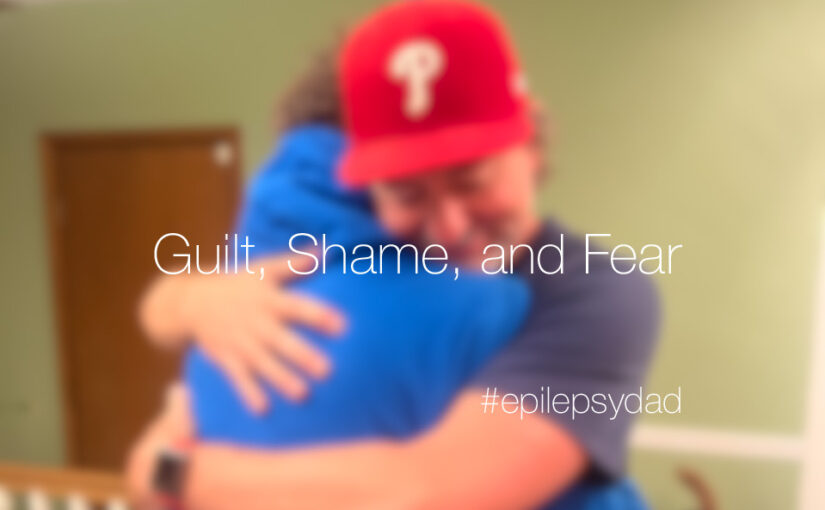For most of my life, I carried the idea that the things that happened to me as a child were my fault.
I didn’t think I was a bad kid, but I knew and hung out with plenty of bad kids. My neighborhood growing up wasn’t a stranger to crime and drugs. Compared to many of my friends, I was an angel. But I was a child, and I did childish things as I experimented and explored the world. I swore, stole, lied, snuck out at night, and fought with my sister. But often the consequences of these actions were disproportionate to the severity of the infractions.
As a result, I began to blame myself for those consequences. It was a survival mechanism. I had to make it my fault because my developing brain couldn’t make sense of the idea that the people who were supposed to protect me and take care of me were hurting me.
As I got older, that behavior continued. It was easier to take responsibility for everything than it was to shift that responsibility to the other person. It was easier to feel that the work I had done wasn’t enough or wasn’t the right work, which is why the other person was angry or disappointed. The idea that I was enough, that I was worthy, and that I wasn’t to blame never seemed like an option.
The result was that I spent much of my life in unhealthy situations, convinced that if I could fix myself, everything else would fall into place. But no matter how hard I tried, it never worked.
I didn’t realize that’s what I was doing until a few years ago. There is a movie trope, “it’s not your fault,” that is a common line used to reassure someone who blames themselves for a tragic event. One powerful example is in Good Will Hunting, where Sean, played by Robin Williams, repeats the line multiple times until Will, played by Matt Damon, breaks down and cries.
It was a surreal moment to have that play out in my life. At the time, it was directed at my past. It took me time (and therapy) to realize it also applied to aspects of my present, too.
That realization is what will help me set my son on a different path, one where he doesn’t struggle with blame, shame, and worthiness, the same way that I did. I don’t want him to blame himself for his seizures, his condition, or especially the way the world reacts to him. I want him to be able to put the actions of others on them and not internalize them as what he deserves because of who he is. Most of all, I want him to know—now, not decades from now—that who he is is already enough.
As parents, we want our kids to have it better than we did. In many ways, that may not be possible given the challenges he will face. But if he can live a life without carrying the blame for others, whatever those challenges may be, he will have a freedom I never knew. A freedom to face what comes without the added weight of shame. A freedom to believe he is worthy of love and belonging just as he is.
And maybe, in giving that to him, I’ll learn to finally believe it for myself, too.



